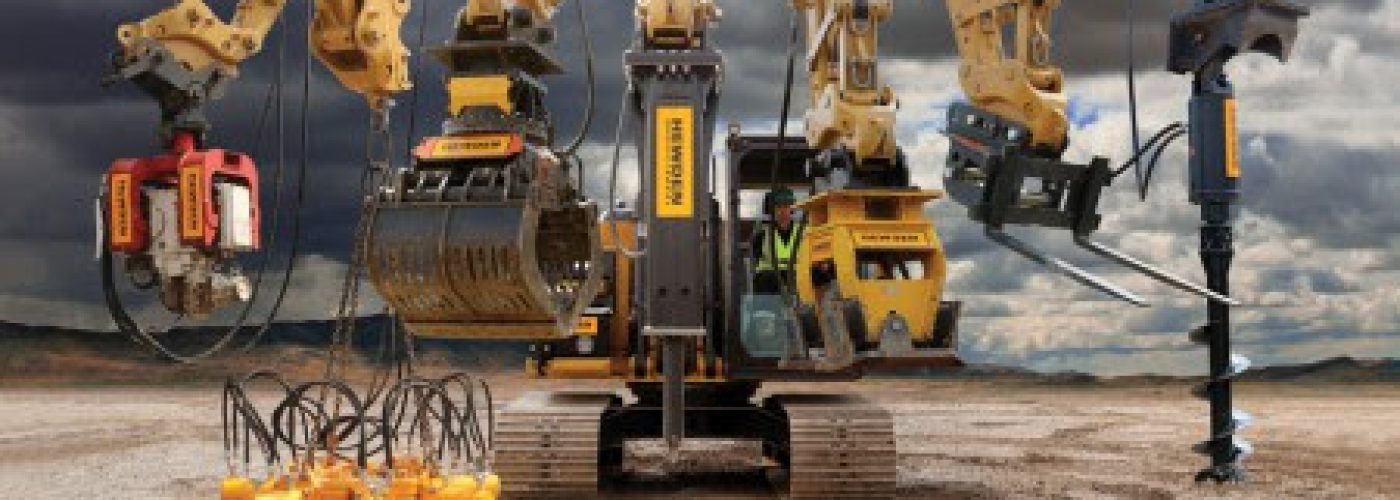When you are tackling a job that calls for compact machinery, few tools earn their keep quite like the mini loader. These small but powerful machines are built for versatility, but their true value comes from what you choose to connect to them. Selecting the right mini loader attachments for your project can transform how efficiently you work, saving time, cutting costs, and delivering results that look and feel more professional.
However, attachments come in all shapes and sizes, each built with a specific purpose in mind. Levelling soil, digging trenches, clearing out waste, or moving bulk materials all call for very different equipment. By understanding the conditions you’ll be working in and the exact outcome you need, you’ll be able to narrow down your options with confidence.
Matching Attachments to Typical Job Site Needs
Every site throws up its own challenges, and the right attachment can make those tasks far less demanding. If you are focused on earthmoving or trenching, a bucket or a trencher is often the go-to. For landscaping, precision is everything, so augers, rakes, or levellers are more effective. In contrast, construction or farming jobs often lean on pallet forks and grab buckets to handle heavy loads.
It can be tempting to look at the full catalogue of attachments and think you need them all, but practicality always wins over sheer variety. The right match between tool and task does not just improve efficiency but also reduces wear and tear on your machine, keeping it in better shape for longer.
Don’t forget to factor in the condition of the ground. A smooth bucket may be ideal for one surface, while muddy or rocky terrain might demand a toothed bucket for better grip and penetration. When it comes to demolition or heavy-duty digging, sturdiness becomes just as important as functionality, with reinforced designs essential to withstand the stress.
Making Sure Attachments Work With Your Machine
Not every attachment fits every mini loader. Compatibility is more than a matter of size, it involves hydraulic capacity, structural strength, and mounting systems. Choosing an attachment that is too heavy or requires more hydraulic flow than your machine can deliver risks damaging your equipment or, worse, creating safety issues on site.
You should also think about convenience. Quick-change couplers and universal mounts are practical features that cut down on the time it takes to swap between tasks. Over a long day on the tools, those minutes add up. Maintenance also deserves attention. Attachments with easily accessible grease points and durable parts are less hassle to keep in top condition, helping you avoid unnecessary downtime.
Looking Beyond the Immediate Task
It is easy to get caught up in what you need for today’s project, but investing with tomorrow in mind often pays off. High-quality attachments generally cost more upfront, yet their durability and performance across multiple jobs can deliver better long-term value. If you are regularly working on similar sites, opting for versatile, well-built tools reduces the need to hire or borrow extra gear.
Another benefit of going with trusted manufacturers is the support that comes with the purchase. Spare parts, service networks, and warranties might not be front of mind when you are choosing attachments, but they quickly become important if something breaks mid-project. Planning for the entire lifecycle of your equipment rather than just the job in front of you creates a smoother, more cost-effective operation.
Final Thoughts
The process of choosing attachments is about creating a setup that works seamlessly with your machine and your project goals. By weighing up the demands of the site, checking compatibility, and considering how attachments will serve you in the long run, you will be able to work more efficiently and achieve a higher standard of finish.
A mini loader fitted with the right attachments becomes far more than a compact machine. It turns into a flexible, hard-working partner capable of adapting to whatever the job throws at you, and that is the kind of reliability every project needs.





